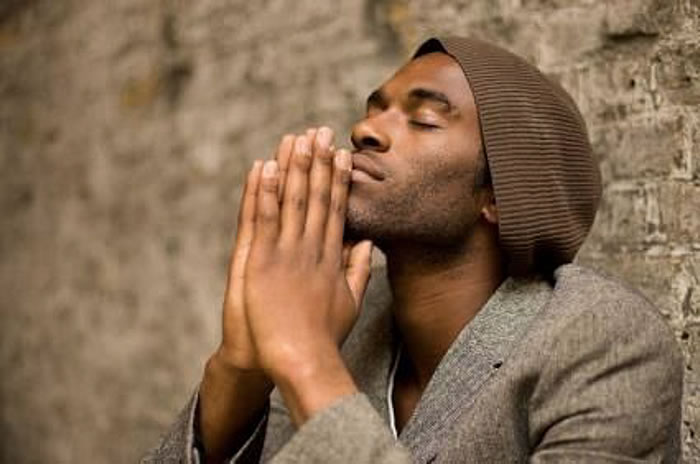They’re taking us out of the dorms on Friday. I have to try to pass my midterms while figuring out where my stuff is going to go.
When Tommy Britt received a panicked text from a college senior on March 15, it hit close to home. His friend studies at Duquesne University in Pittsburgh, where students have been asked to vacate and transition to online learning. Britt could relate. As a Carnegie Mellon PhD student, he is now teaching classes online.
The mass migration of students from American college campuses has caught parents off guard, overwhelmed students, and confused professors who had to configure online education. Tuesday night, 12,000 students were told to move when NYU decided to close their Manhattan residence halls. At Wheaton College, students on spring break were told they could return only to collect their possessions and move out.
Though colleges are closing too fast to count, roughly 2.5 million students were living in college residences at the 2010 census, roughly 12 percent of America’s college students. UNESCO estimates that over 120 million tertiary students have faced school closures globally.
Closing dorms will likely save lives since residence halls have shared kitchens, bathrooms, and dorm rooms that make quarantine difficult. But many students who rely on colleges for meals, housing, and healthcare have nowhere to go. While many colleges are offering exceptions, the process of applying to stay adds to student uncertainty. According to Aaron King, a House Assistant Dean at Cornell University, many students feel overwhelmed with information and decisions.
Transitions to online teaching are impacting every student, not just those who are unsure of where to live and how to connect. Many classes with …
News brought to you by Christianity Today




